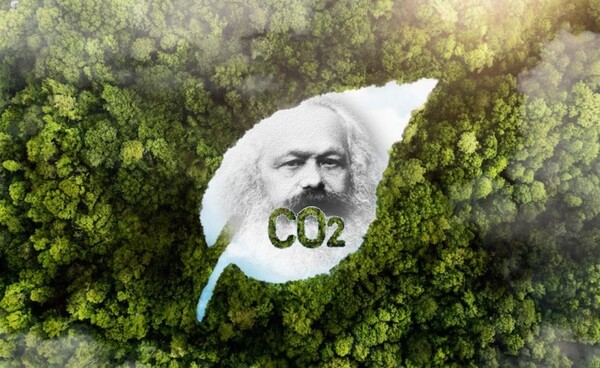Rising media star ‘Jim’ Dale (real name Noel Roger Dale) from British Weather Services (limited company dissolved) with a 40-year old proficiency certificate in thermometer reading from the Royal Navy can be relied upon to turn almost every bad weather event into the harbinger of complete climate collapse. Whatever the data thrown at him disproving his barking claims, ‘Jim’ carries on regardless. It is a comic tour de force, not to be missed. Unfortunately this ‘Daleification’ of climate change is common throughout mainstream media. A recent extreme weather report written by the physicist Dr. Ralph B. Alexander notes that much of the fault for the erroneous perception that such events are becoming worse can be attributed to the mainstream media, “eager to promote the latest climate scare”. He argues that the failure by climate reporters to put today’s extremes in a true historical perspective “is contributing to the belief that weather extremes are on the rise when they are not”.
Of course, as regular readers of the Daily Sceptic are aware, bad or ‘extreme’ weather events are the main propaganda tools used to nudge global populations to accept the collectivist Net Zero project. It has long been realised that global warming doesn’t inspire the required levels of instant fear with temperatures rising, falling and pausing in both the near, historical and paleoclimatic record, mostly out of line with whatever the trace gas carbon dioxide is doing. It is difficult to raise the required panic when there is little more to show for 40 years of gentle warming than slightly milder winters and a substantially greener planet.
Dr. Alexander brings a vital historical perspective to the subject. Drawing on newspaper archives, he gives multiple examples of past extremes that match or exceed anything experienced in the present day. Collective memories of extreme weather are “short-lived”, he notes.
For instance, heatwaves of the past few decades pale into insignificance to those of the 1930s. The record shows that the heat wave was not just confined to the U.S. ‘Dust Bowl’ but extended throughout much of North America, as well as France, India and Australia. Major floods today are observed to be no more common nor deadly or disruptive than any of the thousands of floods in the past. Hurricanes overall have shown a decreasing trend around the globe, and the frequency of their landfalling has not changed for at least 50 years. The deadliest U.S. hurricane in recorded history killed an estimated 8-12,000 people in Galveston in 1900. As a comparison, the death toll of the category five Hurricane Ian, which deluged much of Florida in 2022 with a storm surge as high as Galveston, was just 156.
The biggest problem that Carry-on ‘Jim’ and the rest of mainstream media face in using extreme weather to push a political agenda is that the UN’s Intergovernmental Panel on Climate Change (IPCC) is lukewarm, or of “low confidence”, in attributing human involvement in a wide range of weather-related events.

The above table is published in the IPCC latest assessment report and it shows there is little or no evidence that the following have been, or will be out to 2100, affected by human-caused climate change: river floods, heavy rain and pluvial floods, landslides, drought (all types), fire ‘weather’, severe wind storms, tropical cyclones, sand and dust storms, heavy snowfall and ice storms, hail, snow avalanche, coastal flooding and erosion, and marine heatwaves. As can be seen, this doesn’t leave much for the alarmists to get their teeth into, but ‘Daleification’ takes care of that by just ignoring all the findings.
Irritation with the caution of the IPCC has naturally led to a gap in the climate catastrophe market, and this explains the rise of so-called weather attribution studies. These use computer models to process imaginary atmospheres and come up with pseudoscientific findings claiming individual events are caused by humans. The best known, World Weather Attribution, is based at Imperial College, is funded by green billionaire Jeremy Grantham and is widely quoted in the popular prints. In Dr. Alexander’s view, the misconception that extreme events are on the rise is “further amplified” by these studies. “Such studies, while fashionable, use highly questionable methodology that has several shortcomings,” he observes.
In his excellent, well-researched report, Dr. Alexander goes back and quotes from many historical sources. The ‘noble lie’ is well covered in mainstream media, but, notes the author, “history tells a different story”.
Chris Morrison is the Daily Sceptic’s Environment Editor.





